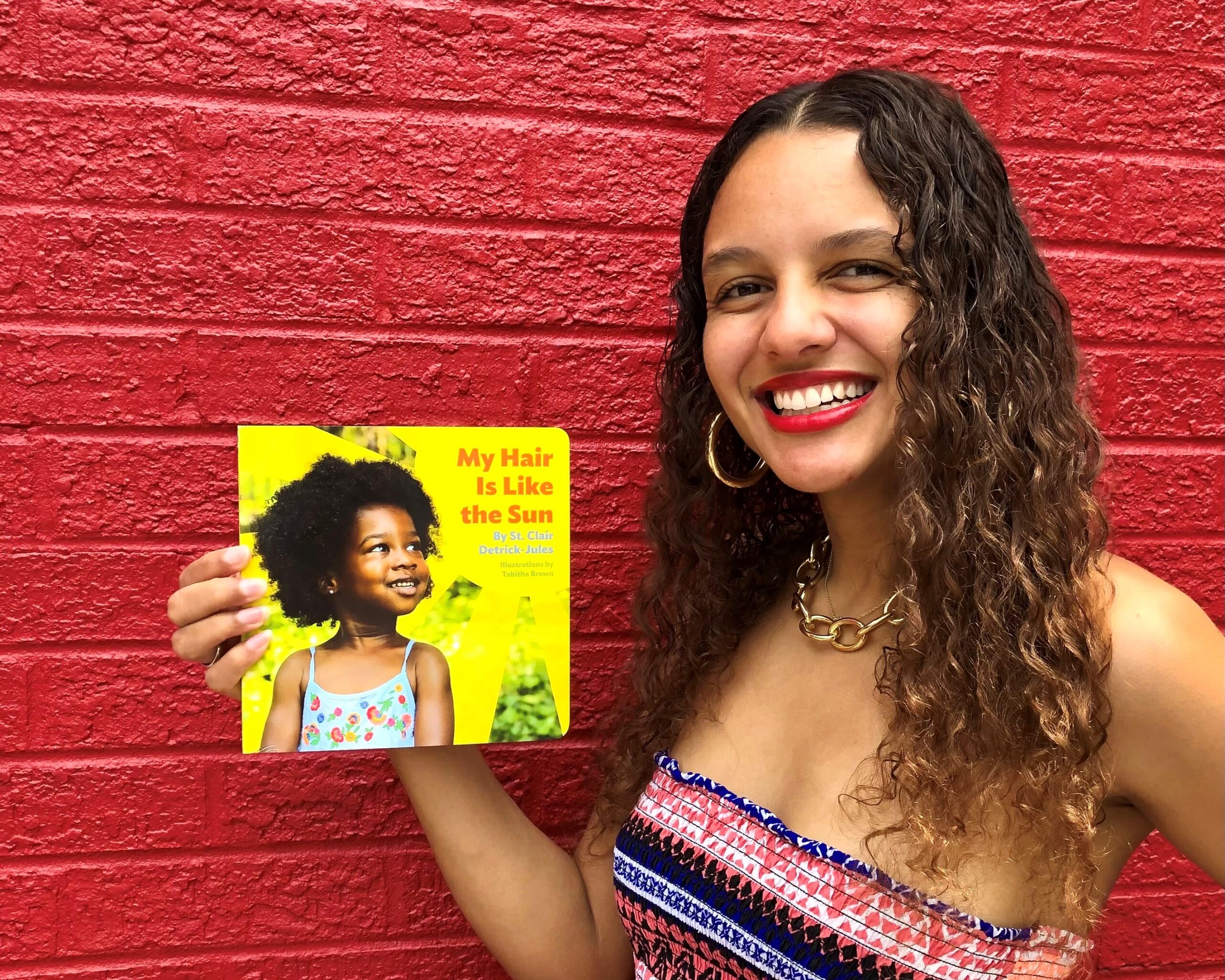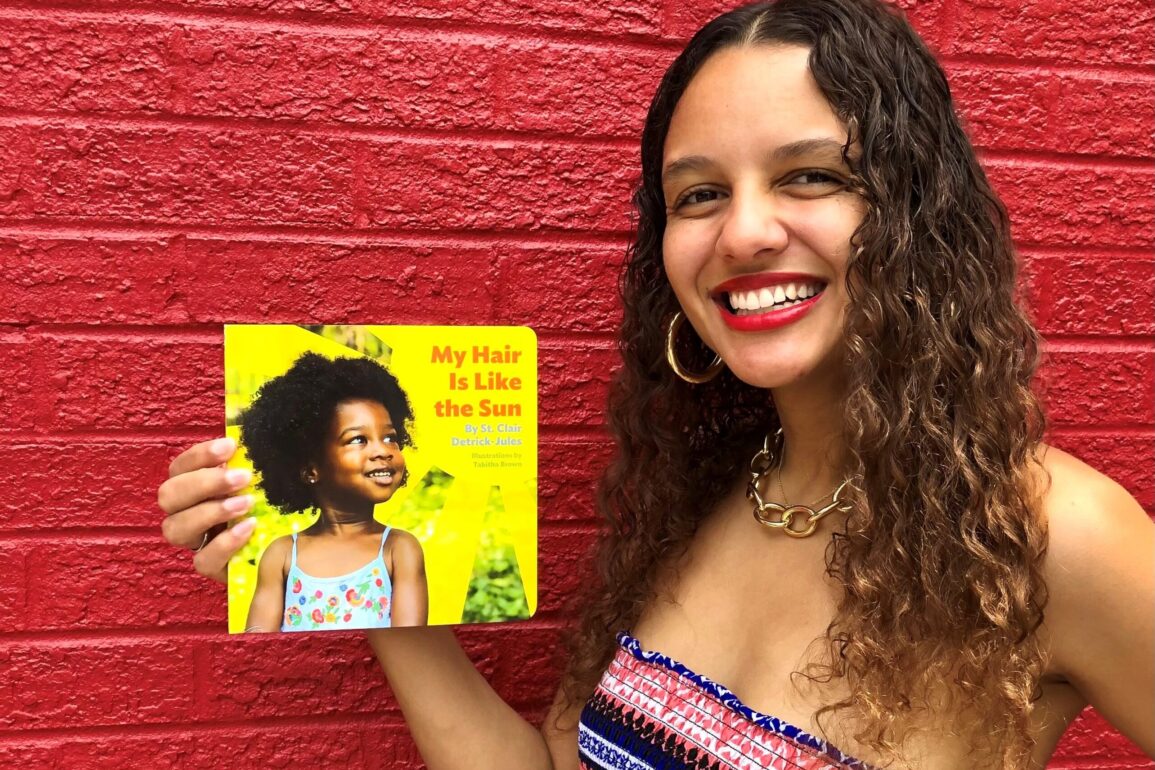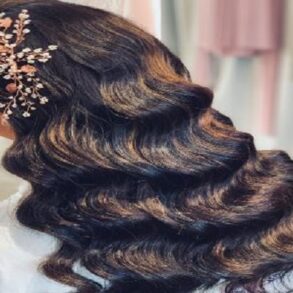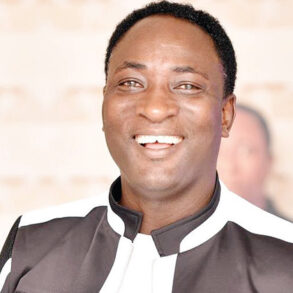
Award-winning photographer, writer and speaker St. Clair Detrick-Jules took the stage March 8 to wow the audiences with the vivid retelling of her new book, “My Beautiful Black Hair”. Appreciation of Black hair was the focus of Black Hair Storytelling night with Dedrick-Jules sharing her story and photography followed by a panel sharing their own experiences overcoming discrimination and learning to love their natural hair.
The night kicked off with the introduction of Detrick-Jules, who in turn introduced the story of her younger sister, Khloe. Detrick-Jules explained that Khloe came home crying to her parents and sister one day, because some kids had decided to tease her over her hair. As a result of the bullying, Khloe decided she hated her natural hair and did not want to attend school the following day.
Detrick-Jules explained that she was “devastated” upon hearing the news that her little sister did not love something so intrinsic to her and her culture. She continued to explain that the issue stemmed from a lack of representation in her majority white school, majority white neighborhood, in a majority white mainstream media — even at home as she had a much tighter curl pattern than the rest of her family.
“I decided to do something to show her that even though she may not see herself exactly in her everyday life, there actually is this really huge community of Black women out there who love and embrace their natural hair,” Detrick-Jules said on her mission.
She went on to do just that. Detrick-Jules started out with visual art, initially photographing her close Black female friends who decided to wear their hair natural and then later expanding to reaching out to strangers who might be sympathetic to her cause. To her surprise, the community response was overwhelming and positive as many other Black women who wore their hair naturally had gone through very similar struggles.
Hair is often the first thing people see and is something that makes people stand out in a crowd, so it can be synonymous with one’s identity, explained several of the panel members. They elaborated that this is why prisoners of war or slaves that survived the journey from Africa had their heads were shaved, so their identity along with that knowledge and culture were lost.
“Going back to the 1700s, in places like Louisiana, it was illegal for a Black woman, free or enslaved, to leave her natural hair uncovered, it wasn’t until 1976, which was less than 50 years ago, when the afro was protected under the Civil Rights Act,” Detrick-Jules said on the history of discrimination against textured hair.
Still, discrimination against Black hair is by no means an issue of the past. The Creating a Respectful and Open World for Natural Hair Act (CROWN Act) was only recently passed in a couple states which fully criminalized discrimination on the basis of race-related protected hairstyles like corn-rows, dreadlocks, etc. In states like Georgia, where it has not been passed yet, it would still be legal for a student to be penalized for wearing a protective style.
Beyond the CROWN Act, there is still much more work to do to make protective hairstyles culturally acceptable as well as legally. One demonstrative story Detrick-Jules shared was about one of her friends who canceled the day before she booked her appointment for the “big-chop”, the act of cutting off chemically or otherwise treated hair to allow the natural hair to grow.
Her reason was a common one: she feared her natural hair would disrupt her career as it would be too “unprofessional”. The fight against hair-based discrimination and for hair-based love is one being fought on many fronts beyond the U.S. court systems. In places in South America, looser curl patterns are seen as more white and therefore more beautiful while tighter curl patterns are called “pelo mal” or “bad hair”. In the military, bans on Black hairstyles were only lifted in 2015.
Hair and identity are close to interchangeable. Detrick-Jules explained, “When surrounded by people who do not look like you, you are seen less by race. Humans are visual creatures, so it’s nearly impossible to separate first impressions.” She elaborated that this is a message not of discrimination, but instead an urge for greater diversity. Throughout the seminar, Detrick-Jules and the event organizers continued to push the message that instead of pushing for homogeneity, there must be love for all types of people and all types of hair and celebrating what’s different about people.
Fortunately, by being kind and learning about the history of issues like Black hair, this can become an issue of the past.
Those interested can follow @gtwrc and @gtnaturallyme on Instagram for more information, future events and to learn how they can get involved with spreaing the message of acceptance.
In line with the event’s theme, the speaker and hosts emphasized that the CROWN Act is on the ballot in Georgia this year.
This post was originally published on this site be sure to check out more of their content.








